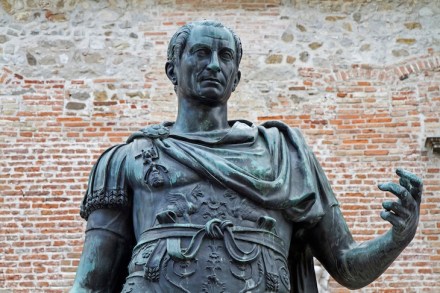Breaking the deadlock
It is said that our political system is ‘broken’ simply because the passions aroused by Brexit have effectively created a hung parliament. So what to do about it? Athenians would have dealt with the problem by ostracism. Its purpose was to send one citizen into exile. Once a year Athenian citizens (all males over 18)




















